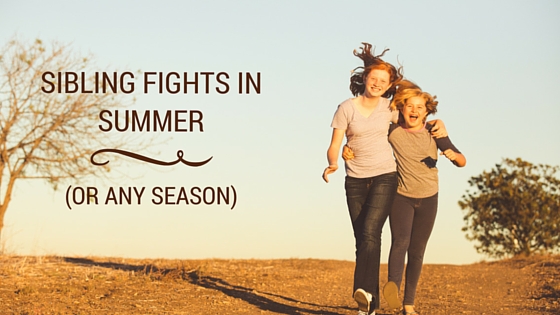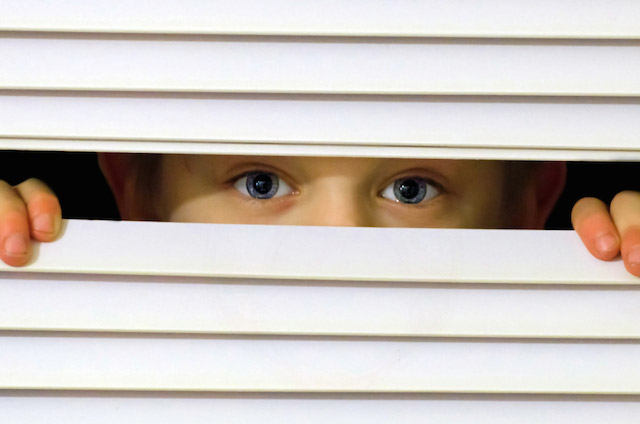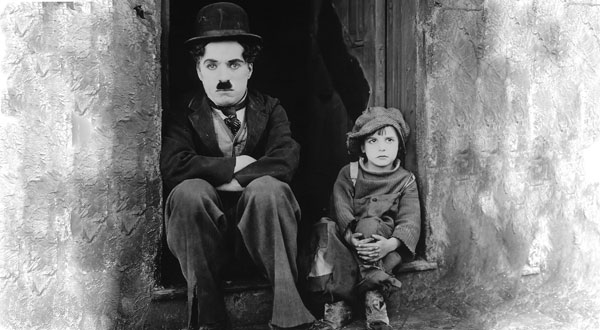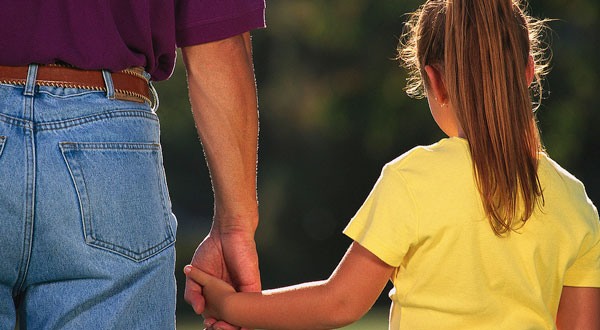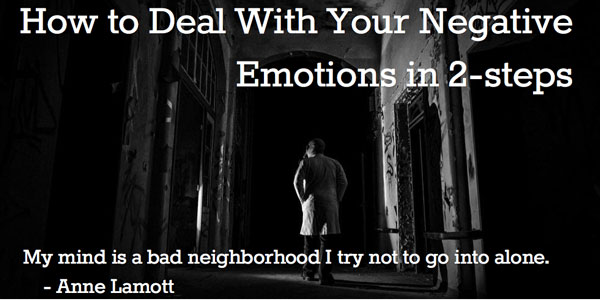Summertime can be really fun. There’s the beach, fireworks, BBQs, and hanging out with friends by the pool. But summertime is also really stressful, if your kids aren’t getting along.
There are lots of things in summertime that can contribute to siblings fights… everyone is at home, normal schedules are thrown off, the stress of travel, and late bedtimes (tired kids and parents).
Here are some personal stories about how we’ve tackled summertime sadness:
EMPOWER KIDS…
We have a really small house; we use every inch of it! Our kids have always shared a bedroom and both Jason and I work from home (our office = a little nook between the kitchen and the backdoor). So during the summertime we all spend a lot of time at home… all together. We have to get creative about making sure that everyone has enough space to play, relax, or have privacy.
One day few years ago, our oldest decided she really wanted a place that she could be all by herself, away from her little sister. There were a lot of feelings to help her work through. But after her feelings calmed, we brainstormed. We considered many options including the attic, the bathtub, and the garage. She chose to set up a tent in the front yard. And even though the whole point of the tent was to create a space where she would be away from her sister, guess who she invited first to play inside? Yup, her sis.
Conclusion: Empower kids to solve their problems, and recognize the need for everyone to have space sometimes.
GIVE EMPATHY…
We’ve all heard the saying that there are “two sides to every story”. This is true of a fight between children, even if one child is clearly the “initiator” and the other one is the “receiver”. Last night there was a mini-melt down at our house. The older one wanted to change her clothes in the bedroom with privacy, the younger one needed to pack for a sleepover. Problem was, they share a room and neither of them wanted to leave.
It was one of those situations where my personal feelings favored one child. I could have easily gone into “judgement mode” and accused the other child for being unreasonable. Instead I told both of the girls, “I can see that being in the bedroom right now is something that is really important to you.” I didn’t even have to completely understand their point of view, to acknowledge their feelings. Once they felt heard, one of the girls generously gave the other one the space she needed.
Conclusion: Give empathy to both sides. When kids are understood by you, they can then understand the point of view of the other!
TEACH PROBLEM SOLVING…
In our family, we all enjoy movies. The problem is Jason likes action movies, the older kid likes romances, the younger one likes fantasy/sci fi, and I like documentaries. We have a way of deciding what movie to watch (rather complicated, won’t bore you with the details), but sometimes when the kids are choosing the movie it turns into an argument. As long as they are being respectful towards the other, we let them work it out on their own. If they get stuck they can come to us for help, but working out problems together is a super important life skill.
In our preschool classroom we actually allowed certain things to become a problem for the kids. Nobody wants to clean up? Okay, let’s see what happens if nobody cleans up for a whole week… Kids arguing about where to sit during circle time? What ideas do you have to work out where to sit? Kids came up with some nice ideas. Pretty good for 3, 4 and 5 year olds, huh?
Conclusion: You don’t need to attend every fight you get invited to. Kids learning to work out problems is pretty much the most important life skill, ever…
GET OUTSIDE…
When I was a kid, whenever my siblings and I weren’t getting along, my mom would just take everyone to the beach, winter or summer, rain or shine. (I didn’t actually know this until I was an adult.) All I remember is that we would run around, swim, play, get tired, and sleep well. In our family, we do a lot of camping. Whenever our kids are outside, guess what? They don’t fight!
If camping and beach trips are not available, then do something else: public park or pool, ride bikes and skateboards on the sidewalk, go for an early hike before it gets too hot, or a cool evening walk together. Is the baby crying? Walk outside. If the magic of being outside doesn’t quickly improve things for your children it will at least improve your mood, which in the end will help your children too.
Conclusion: Get outside. Breathe the fresh air, smell the flowers, look up to the sky, feel the sun or the wind. Smile.
SET LIMITS AND UNDERSTAND NEEDS…
And lastly there is the question of what do you do when kids are hitting each other… Competing for your attention… Calling each other names… Or putting their feet on the other child to purposefully annoy them.
In addition to saying, “Hitting hurts” or “I’m not willing for you to use those names with each other” or “She doesn’t want your feet on her body” and protecting the children if needed, also look for the unmet need underneath the child’s behavior. Does the child need play, entertainment, connection, belonging, or attention? Hitting (yelling, name calling, etc.) are “tragic expressions” of an unmet need. You could say, “When you say/do___ that I think you’re hurting a lot inside and feeling sad because she doesn’t want to play with you. Is that how you are feeling? Since she’s not ready to play what ideas do you have for fun things to do?”
Conclusion: If you help the child understand how they are feeling, and needing then the situation will often calm down quickly and solutions can be easily solved.
Have an awesome summer!
All our love,
Cecilia (who misses fireflies) and Jason (who sunburns easily – ouch!) Hilkey

